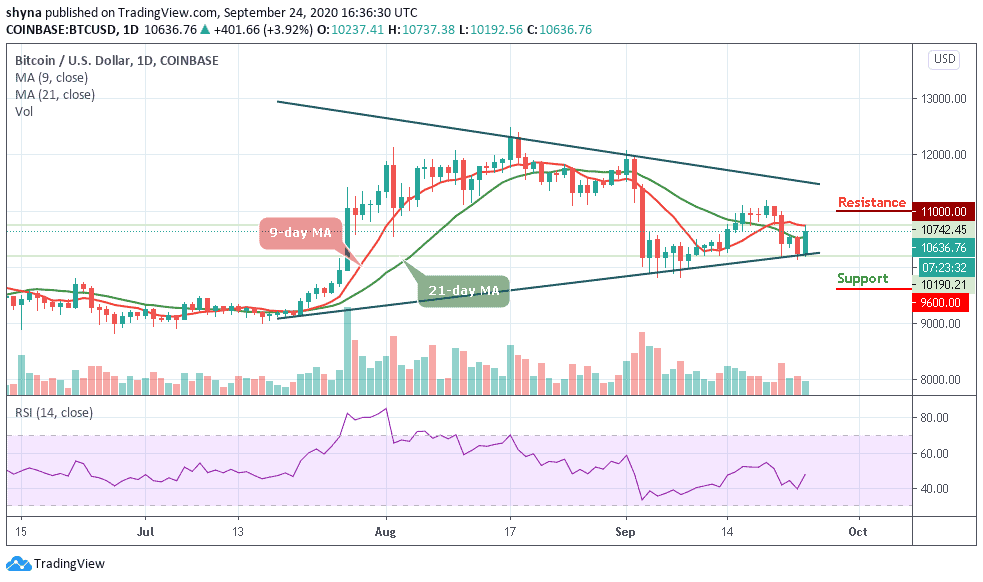Join Our Telegram channel to stay up to date on breaking news coverage
The Russian government has continued on a steady path towards legitimizing its cryptocurrency industry. The next frontier on the Kremlin’s mission appears to be tax enforcement, and the Ministry of Finance is laying out procedures to punish offenders.
Fines and Prison Term Await
Earlier today, local news source Kommersant reported that the Russian Ministry of Finance had proposed a framework that will punish people who fail to report their cryptocurrency taxes. According to the report, anyone who fails to report crypto taxes amounting to over 1 million rubles (about $13,000) will get a three-year prison term with hard labour.
Besides the prison term, the Ministry has also proposed penalties for smaller offenders. For instance, any individual or company in the country will need to report annual crypto income for amounts crossing the 100,000-ruble ($1,300) threshold. Anyone who fails to do so could end up forfeiting 30 percent of their total crypto holdings. However, regardless of how much these holdings are, the amount forfeited won’t be lower than 50,000 rubles.
Kommersant explained that the new proposals are part of the government’s recently adopted crypto law, “On Digital Assets,” as well as the upcoming “On Digital Currency.” The current version of the first law doesn’t include any taxation rates for cryptocurrencies or rules to report crypto transactions.
While the new proposals don’t mention any specific taxation rates, it does require that local exchanges provide information on their taxes every quarter.
Rampant Confusion Amid Landmark Regulatory Move
The new rules are also the second crypto-related policy proposals for the Russian government to publish just this month. Weeks back, local news source Izvestia reported that the Ministry of Finance had also published amendments to “On Digital Financial Assets” to ban several crypto-related operations.
According to the report, the amendment includes a “blanket ban on any operations with virtual money for individuals and individual entrepreneurs.” Under the law, only three scenarios will be allowed for three situations – bankruptcy, inheritance, and law enforcement proceedings.
Also, the amendments reportedly look to restrict miners from getting paid for their activities through digital assets.
“Standalone crypto mining is legal, but it loses its financial value because the payment is usually processed in Bitcoins and Ethers,” the news report explained.
Policy adjustments like these are part of the general confusion surrounding the Russian crypto industry as a fallout from the government passing “On Digital Financial Assets” back in July. Although the bill’s passing was seen as a momentous event that marked the dawn of a new age in Russia, it notably left out several critical aspects. The fallout from that is what we see today.
There is hope that the required clarity will come when the government eventually passes the second bill, “On Digital Currency.” However, the earliest time frame for this bill to be passed is sometime next year. Considering how long it took the government to pass this bill, things could take even longer than that. In that time, the government could continue operating in the dark and seemingly dropping new policy proposals on the fly.
Join Our Telegram channel to stay up to date on breaking news coverage


